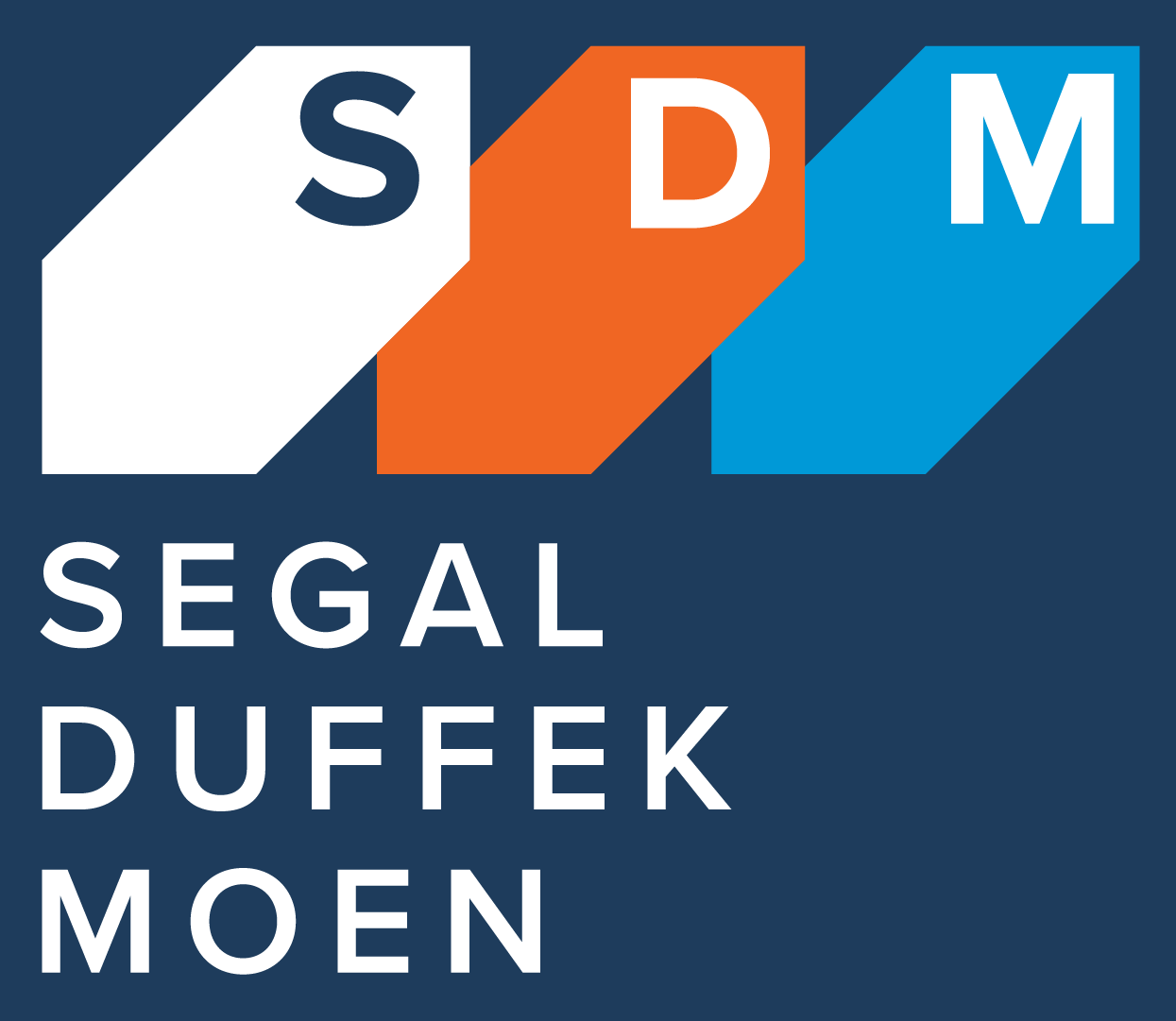Harry and June are anxious to get their wine making business off the ground. They’ve developed their recipes, identified market opportunity, and have the passion and drive to be successful. Their only problem is finding the funds to get started. They’ve decided not to use their own money or to ask their Aunt Martha for money (part I). So what other options do they have?
June remembers hearing about a website where people give new companies money to get off the ground. With a few key strokes, she discovers crowdfunding. She finds that these websites allow businesses to pool small investments from a number of investors instead of forcing companies to look for a single investment, like Aunt Martha.
June reads about the different crowdfunding options. It seems that many funding sites allow companies to raise money in exchange for rewards or products. (June wonders if state or local laws would prohibit them from giving wine to people who invest in the company.)
Other sites have an equity-based model in which start-up businesses give up equity. (If we’re selling shares, why not sell to people we know, or who bring a special skill set to the business?)
Some sites have debt-based models in which businesses are obligated to repay the crowdsourced funds over a specific period of time. (This could be a good source of alternative funding, maybe to fund the downpayment on a bank loan?)
As she reads on, June learns that most crowdfunding websites charge fees. Some sites will charge a “success fee” (typically 5%) for achieving a funding goal. Others even charge a fee for failing to meet a funding goal (as much as 9-10%).
She also notices that each website has its own application requirements. Some even appear to look for specific types of projects. For example, June notices that a website called Kickstarter focuses on creative endeavors such as design, the arts (film, publishing, music), gaming and technology.
June wants to keep their options open, so she emails Harry a great article on crowdfunding. She also contacts her CPA and attorney to get more information about any obligations their company might have to its crowd-sourced investors.

